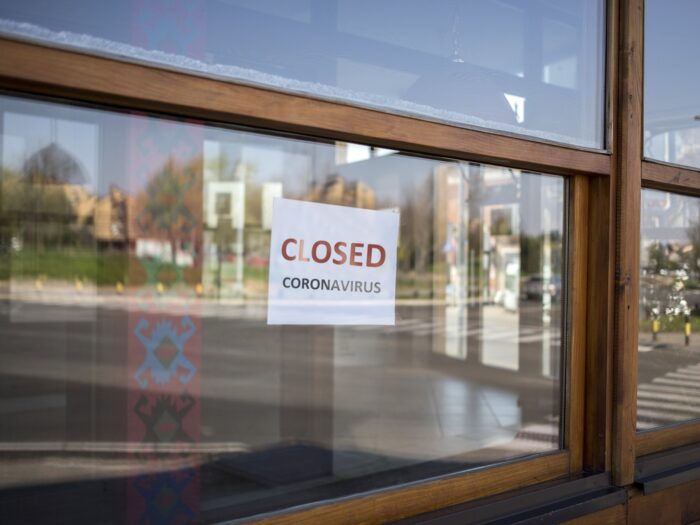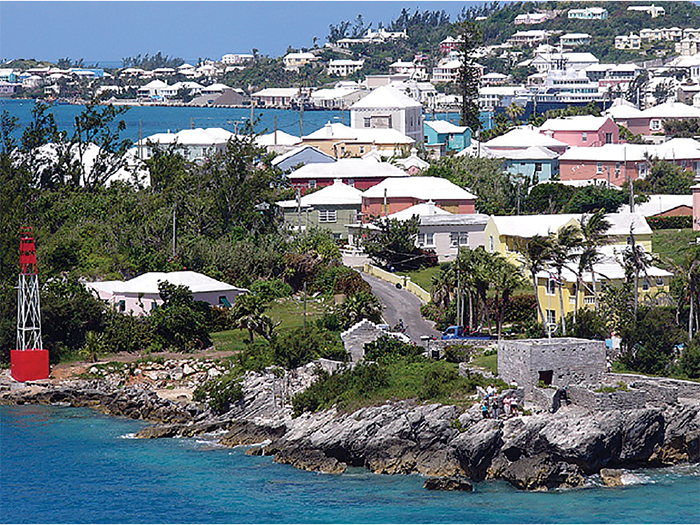NC Supreme Court: Bar Owners Can Sue State for COVID-19 Shutdown Losses

A group of North Carolina bar owners can proceed with their lawsuit against the state seeking damages for losses incurred during government-mandated COVID-19 shutdowns, the North Carolina Supreme Court has ruled.
In its August 22 decision in Howell vs. Cooper, the high court found that the state’s sovereign immunity does not automatically shield it from claims that its emergency orders violated the fundamental constitutional rights of business owners. This ruling could be significant for the insurance industry, as it explores an alternative avenue for business recovery after most commercial property policies did not cover pandemic-related business interruption losses.
The case originated in March 2020, when North Carolina’s governor issued a series of executive orders to slow the spread of COVID-19. These orders forced bars to close entirely or operate under severe restrictions for many months.
Like thousands of businesses nationwide, the plaintiffs suffered catastrophic financial losses. However, efforts to recoup these losses through business interruption insurance were largely unsuccessful, the decision noted.
Insurers consistently denied claims on the grounds that the presence of a virus or a government shutdown order did not constitute the “direct physical loss or damage” to property required to trigger coverage, a position overwhelmingly upheld by courts. Left with few options, the bar owners sued the state directly.
The plaintiffs argued that the governor’s executive orders violated their rights under the state constitution to enjoy the “fruits of their own labor” by effectively destroying their ability to earn a living. They contended that while the state has the power to act in an emergency, its actions went too far, imposing an unfair and uncompensated burden on their specific industry.
North Carolina countered that its actions were protected by sovereign immunity, a legal principle that shields government entities from most lawsuits seeking monetary damages. It argued that the emergency orders were a necessary and legal exercise of its power to protect public health during an unprecedented crisis.
In its analysis, the state Supreme Court did not rule on the ultimate merits of the case but focused on whether the lawsuit could proceed past the state’s motion to dismiss. The majority opinion concluded that sovereign immunity can be overcome if a plaintiff presents a “colorable” claim that a state actor violated their constitutional rights and no other adequate remedy is available. The court determined the bar owners’ allegations were sufficient to meet this initial standard.
To ultimately succeed, the court noted, the plaintiffs must prove the state’s actions were not “reasonably necessary to promote the accomplishment of a public good.”
The court stated, “It may be that the executive orders’ restrictions on bars were reasonably necessary, but the state constitution gives plaintiffs the opportunity to put them to the test.”
The court’s decision modifies and affirms a lower court ruling, allowing the bar owners’ case to advance to the discovery phase. While the plaintiffs still face a high legal bar to prove their case, the ruling establishes that the government is not immune from being held financially accountable for its emergency actions.
View the full decision here. &








